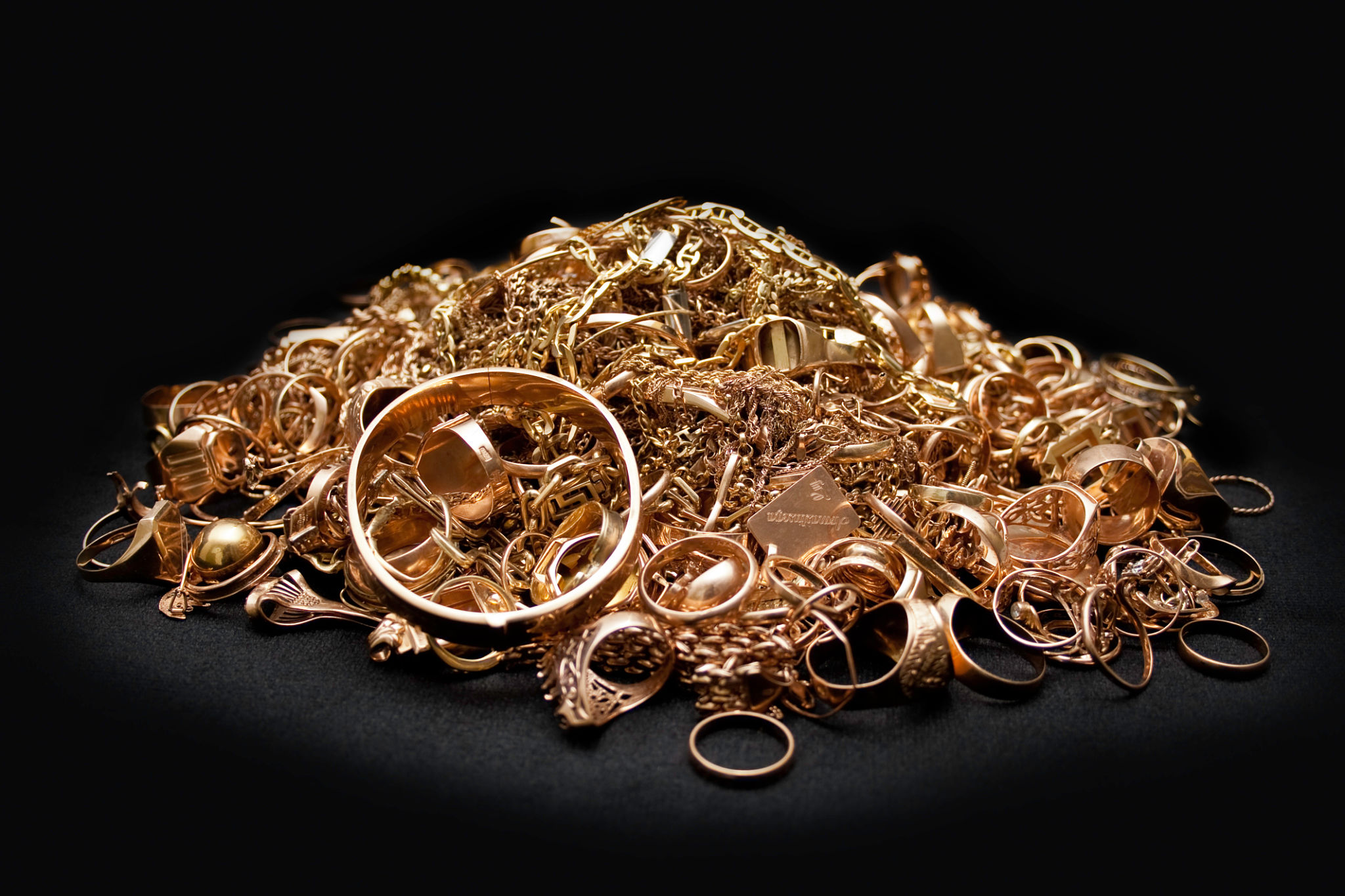How to Get the Best Value When Selling Gold: Tips from Expert Gold Dealers
Understanding the Value of Gold
Before you begin the process of selling gold, it’s crucial to understand what factors contribute to its value. Gold is valued based on its purity, weight, and the current market price, known as the spot price. The purity of gold is measured in karats, with 24-karat gold being the purest form. Knowing these details will help you gauge how much your gold is worth and what you should expect when selling it.

Research and Compare Offers
One of the most effective ways to ensure you're getting the best value for your gold is to research and compare offers from multiple gold dealers. Different dealers may offer varying amounts for your gold, so it's wise to visit several dealers or contact them online to get quotes. Make sure to compare at least three to five offers before making a decision.
When comparing offers, pay attention to any fees or deductions that may apply. Some dealers might charge a fee for appraisal or deduct a percentage of the value for their profit margin. Understanding these terms will help you make an informed decision.
Choose Reputable Gold Dealers
Finding a reputable gold dealer is crucial in ensuring a fair transaction. Look for dealers that are accredited by the Better Business Bureau or have positive reviews from previous customers. A reliable dealer will be transparent about their pricing and appraisal process, ensuring you get the best value for your gold.

Additionally, consider asking friends or family for recommendations or checking online forums for trusted dealers in your area. Personal experiences can be invaluable in finding a trustworthy buyer.
Prepare Your Gold for Sale
Once you've identified potential dealers, it's time to prepare your gold for sale. Clean your gold jewelry or items to make them more appealing and ensure they're in good condition. If possible, bring any original packaging, certificates, or receipts you have, as these can help verify the authenticity and provenance of your items.

In some cases, it might be beneficial to have your gold independently appraised before selling. An appraisal can provide a benchmark value, helping you negotiate a fair price with dealers.
Understand Market Trends
The price of gold fluctuates based on market conditions, so understanding current trends can help you decide the best time to sell. Keep an eye on the market and consider selling when prices are high. You can track gold prices through financial news websites or use dedicated apps and tools that provide real-time updates.
By staying informed about market trends, you'll be better positioned to capitalize on favorable conditions, thus maximizing the value of your sale.
Negotiate with Confidence
Negotiation is an essential part of selling gold. When you're armed with knowledge about your gold's value and current market trends, you'll be in a stronger position to negotiate effectively. Don’t hesitate to assertively discuss offers with dealers and express any concerns you might have about their initial offers.
Remember, reputable dealers expect some negotiation and should be willing to work with you to reach a mutually beneficial agreement.
Consider Timing and Payment Options
Lastly, consider the timing of your sale and the payment options available. Some dealers may offer immediate cash payments, while others might provide checks or bank transfers. Choose a payment method that suits your needs and provides security.

If you're not in immediate need of cash, consider waiting until market conditions improve or until you find a deal that truly meets your expectations. Patience can often lead to better deals and greater satisfaction.